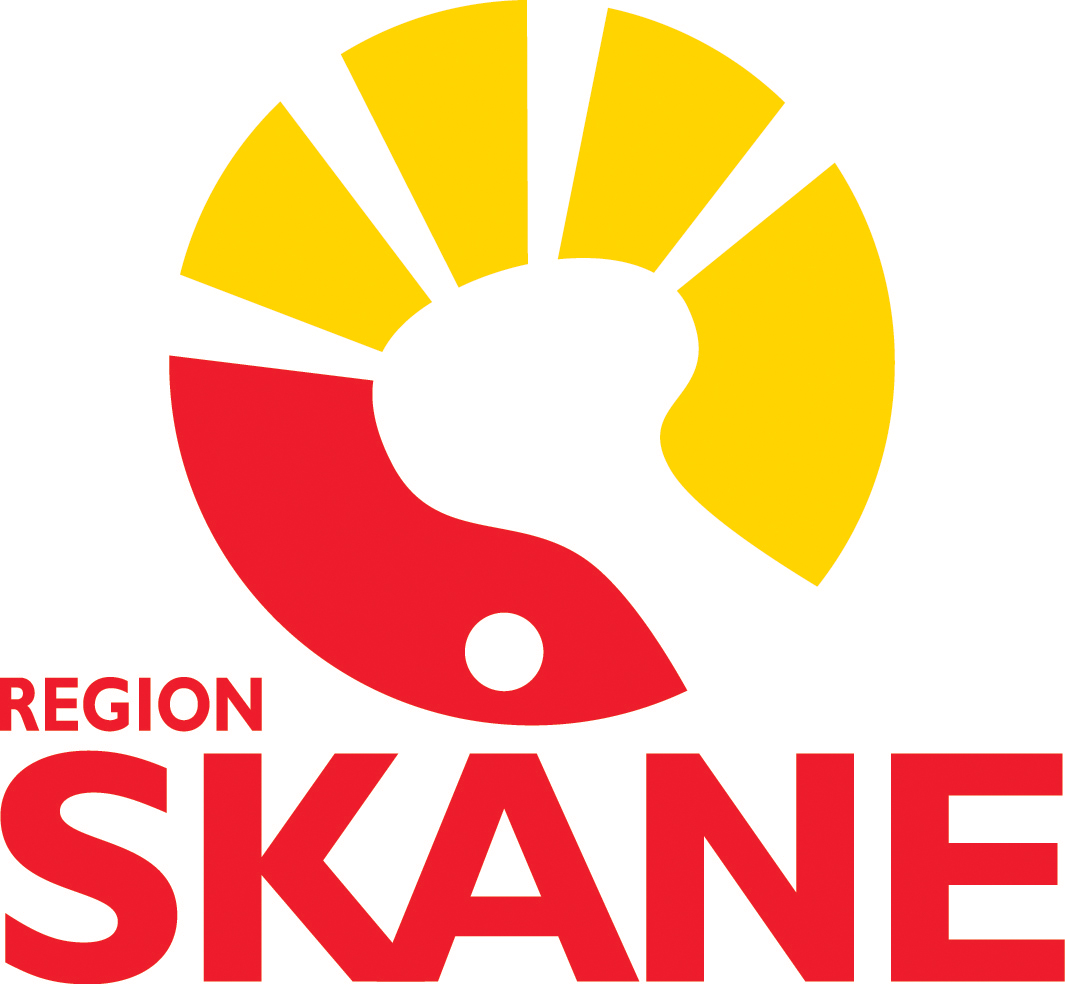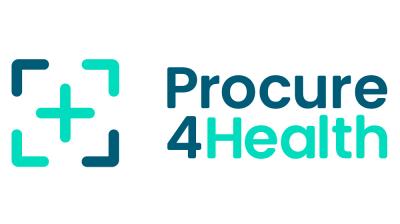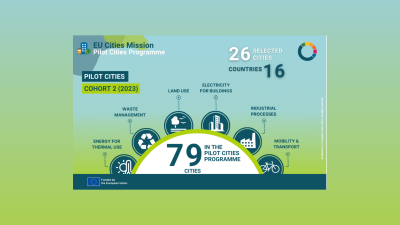
Region Skåne’s Brussels office is an integrated part of the department for regional development, unit EU and International relations, at Region Skåne. We represent the interests of Skåne, the southernmost region in Sweden, in relation to EU policy and programmes in particular in the areas of health and health care, research and innovation, industry, digitalisation and environment. Region Skåne is responsible for and coordinates all public and private health care in Skåne and also has a responsibility for the development of business, mobility (including public transport), culture and cooperation with other regions in Sweden, Europe and beyond. Region Skåne's highest decision-making body is the Regional Council, which is elected directly by the inhabitants of Skåne. There are four universities in Skåne (Lund University, Malmö University, the Swedish University of Agricultural Sciences and Kristianstad University). Lund University is currently the second strongest participating organisation in Horizon 2020 in Sweden. Skåne is also hosting two new world-class research infrastructures in materials sciences – the European Spallation Source and the MAX IV Laboratory.
Contact detail
-
Head of office
-
Contact person
-
Brussels Office Address
Rue du Luxembourg 3
1000 Brussels
Belgium

S3 Strategy
Skåne’s innovation strategy for sustainable growth is the region’s Smart Specialisation Strategy. The current version was adopted in 2019 by the Research and Innovation Council of Skåne, an informal advisory body made up of representatives at decision-making level from regional and municipal authorities, universities and the private sector in Skåne. The strategy designates six priority areas that the region should mobilise around: 1) Advanced materials and manufacturing industry, 2) ESS, MAX IV and the innovation system Science Village, 3) Food, 4) Life science and health, 5) Smart sustainable cities and 6) Tech (ICT). The strategy also describes how the region should strive to achieve impact through collaboration in the development of 1) regional leadership, 2) attractive innovation ecosystems, 3) strong innovation support systems and 4) analysis and communication. Finally, the strategy also includes priorities for strategic financing, where EU funding plays an important part.
Latest Tweets
Latest Tweets
Latest Updates
- By Daniele Ruggiano
Call for Speakers | Workshop on regional policies to promote the adoption of innovation by public administrations.
The EU project PREPARE is looking for speakers with expertise on instruments like Pre-Commercial Procurement (PCP) and/or Open Innovation to foster collaboration between public procurers and innovative companies following demand-driven approaches. Those with experience or interest in incorporating procurement of innovation policies in Smart Specialisation Strategies are also invited to contribute. The event will take place on 27 June, 09:00-12:30, in Brussels.
- By Rodolphe Doité
ICT WG: Call for examples on Artificial Intelligence strategies at local and regional levels
The ICT Working Group is looking for examples from local and regional authorities that have adopted or are in the process of adopting a strategy on Artificial Intelligence. The examples would be presented in an upcoming meeting on “AI-related strategies at regional and local level ”, which will take place on Wednesday 12 June 2024 (14:00 to 16:00 CEST).
- By Rodolphe Doité
Call for examples on the role of DIH in supporting public authorities’ digital transformation
The ICT Working Group is looking for examples from local and regional authorities, as well as Digital Innovation Hubs, working on digital transformation. The examples will be presented in an upcoming meeting on “The role of DIH in supporting public authorities’ digital transformation”, which will take place on Tuesday 21 May 2024 (10:30 to 12:30 CEST).
- By Heidi Johansson
23 new Mission Cities awarded the Mission Label
During a dedicated session at the EU Research & Innovation Days, 23 new cities part of the EU Mission on 100 climate-neutral and smart cities were awarded the Mission Label for their plans to achieve climate neutrality by 2030. ERRIN is pleased to see that 15 cities are located in ERRIN member regions.
- By Ylva Reisnert
Procure4Health 3rd call for twinnings is open
The EU-funded project Procure4Health is inviting public and private healthcare procurers to apply to this 3rd Call for Twinnings to learn about or adopt innovative solutions, procurement techniques or similar related matters available elsewhere. A total of €660.000 is available for Twinning activities under the Procure4Health project, with funding expected for approximately 30 Twinnings partnerships.
- By Gianpiero Petruzziello
26 additional cities selected to join the NetZeroCities Pilot Cities Programme
The NetZeroCities project, in which ERRIN is a partner, has selected 26 additional cities from 16 countries to take part in its Pilot Cities Programme. ERRIN is delighted to note that 12 cities from ERRIN member regions have been chosen, including Riga and Lyon, both supported by ERRIN’s NetZeroCities Climate Neutral Cities Advisors.





